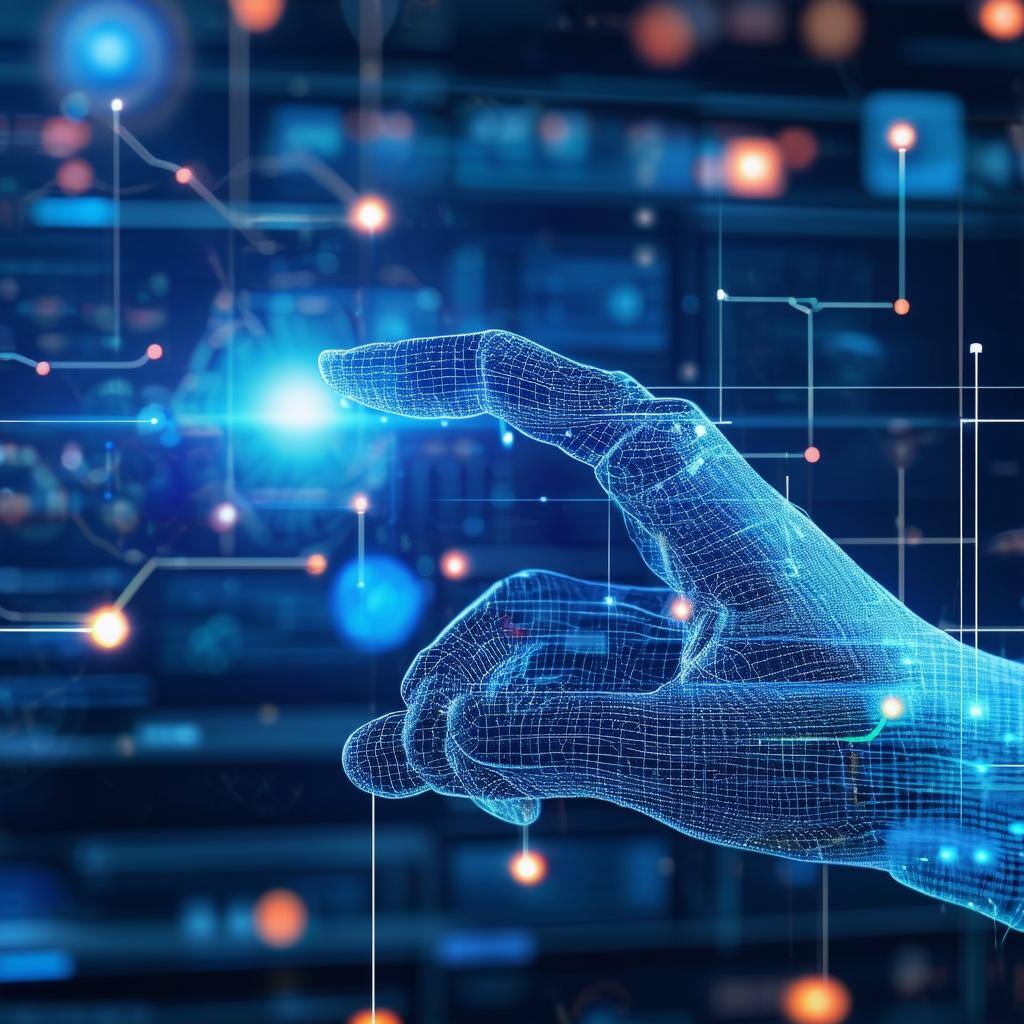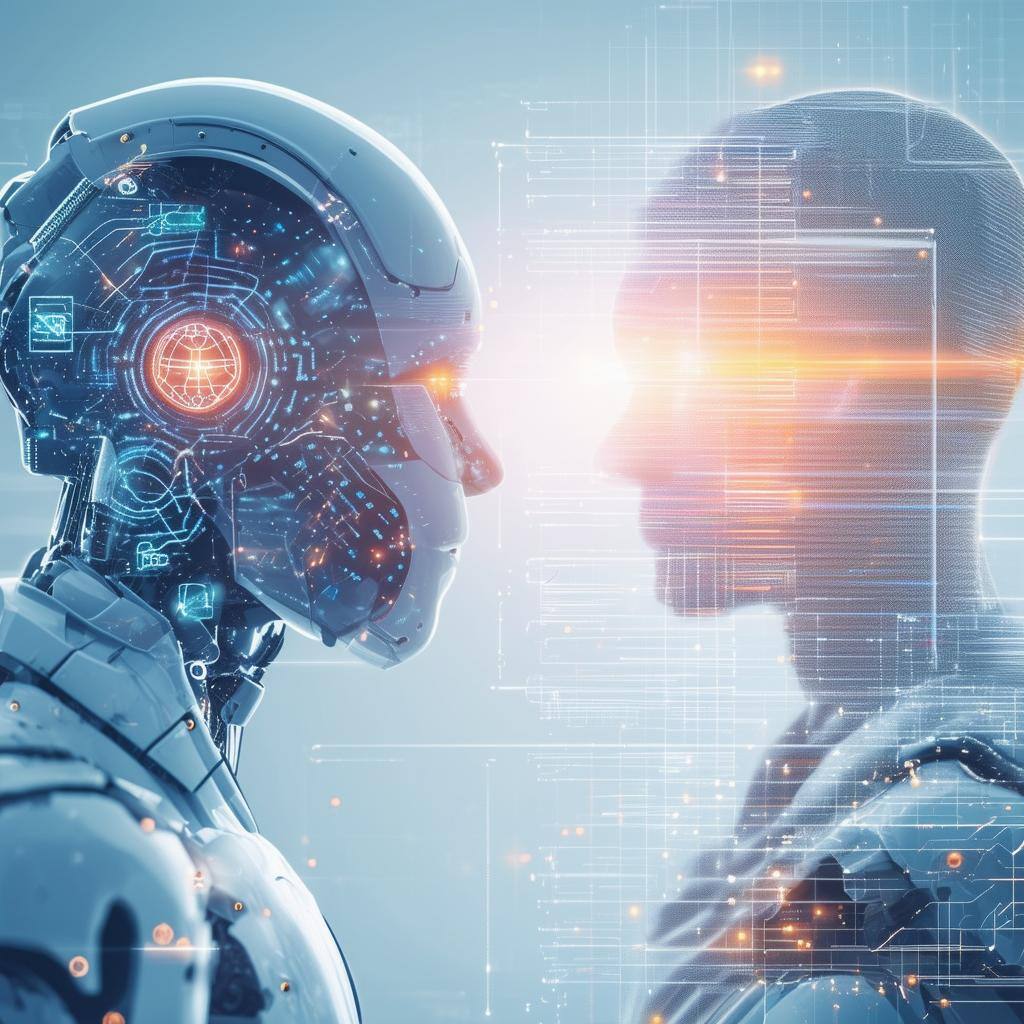AI Integration for Legacy Systems
Why Modernizing Legacy Systems with AI is Essential for Your Business
Key Benefits of Seamless AI Integration for Legacy Infrastructure
Incorporating AI into legacy systems enables businesses to modernize outdated infrastructures and drive efficiency. AI integration helps bridge the gap between traditional systems and modern technologies, offering scalable solutions that enhance automation, decision-making, and data analysis.
What is AI Integration for Legacy Systems?
AI integration for legacy systems involves embedding AI technologies into existing infrastructures, enabling businesses to optimize performance, streamline operations, and unlock new capabilities. By integrating AI, companies can:
Integrate AI into old systems for smoother transitions.
Implement legacy AI solutions that increase operational efficiency.
Modernize systems to stay competitive in a digital world.
Want to dive deeper into the role of generative AI in legacy modernization?
Watch the "Thoughtworks Technology Podcast: "Using Generative AI for Legacy Modernization" below to gain insights on how AI is reshaping legacy systems across industries.
Key Benefits of Legacy System Modernization with AI

Improved Efficiency
AI automates repetitive tasks and analyzes vast amounts of data, providing actionable insights to drive smarter, quicker decisions.
Scalability
AI integration enables your systems to grow with the demands of your business, ensuring smooth transitions and adaptability to evolving needs.


Cost Reduction
By optimizing resource use and automating processes, AI minimizes operational costs and enhances overall efficiency, leading to long-term savings.
Why is AI Infrastructure Critical for Legacy System Integration?
Essential for Seamless AI Integration
Integrating AI with legacy systems requires a solid AI infrastructure to ensure smooth operation and long-term scalability. A robust infrastructure helps:
- Ensure Compatibility: Aligns old systems with new AI tools without causing performance issues.
- Optimize Data Flow: Facilitates seamless data exchange between legacy systems and AI technologies.
- Support Growth: Scales your system as your business grows while maintaining reliability and security.
Without strong AI infrastructure, the integration process can lead to inefficiencies, security gaps, or potential system failures.
Our AI Integration for Legacy Systems Process
Assessment
We begin by understanding your current legacy system's capabilities, identifying challenges, and aligning AI solutions with your business goals.
Strategic Planning
Our experts design a comprehensive AI integration strategy, selecting the right tools and defining the integration approach to minimize disruptions.
Implementation
We deploy AI solutions, ensuring smooth integration with your legacy systems, keeping operations uninterrupted.
Support and Optimization
Post-integration, we provide continuous support and optimization, ensuring your systems stay secure, efficient, and scalable as your business evolves.
Frequently Asked Questions
What is AI integration for legacy systems, and why is it important?
AI integration for legacy systems involves embedding advanced AI technologies into existing, often outdated, IT infrastructures. This process enhances the functionality of traditional systems by automating manual processes, improving data management, and enabling predictive analytics. It’s crucial for businesses to modernize their legacy systems to remain competitive, as this integration bridges the gap between old and new technologies, ensuring scalability and improved operational efficiency while minimizing the need for costly infrastructure overhauls.
How does AI infrastructure ensure seamless integration with legacy systems?
AI infrastructure acts as the backbone for integrating advanced AI tools into legacy systems. It ensures compatibility by aligning AI solutions with the current architecture, minimizing disruptions during deployment. Additionally, it streamlines data flow, enabling smooth data exchange between the systems and AI technologies. Robust AI infrastructure is also scalable, allowing the system to adapt to future business growth and technological advancements. Without it, integration efforts may lead to inefficiencies, security vulnerabilities, or performance issues.
What are the benefits of modernizing legacy systems with AI?
Modernizing legacy systems with AI offers numerous advantages:
Efficiency: AI automates repetitive tasks, analyzes large datasets, and provides actionable insights, saving time and effort.
Scalability: Integrated systems evolve alongside business demands, ensuring adaptability to growth and changing needs.
Cost Savings: AI reduces operational costs by optimizing resource use, automating processes, and minimizing errors, resulting in long-term financial benefits.
By upgrading legacy systems, businesses can unlock new capabilities and maintain a competitive edge.
For more in-depth answers, check out our full FAQ page
Start Your AI Integration Journey Today!
Leverage the power of AI to drive growth, improve efficiency, and outpace the competition. With expert AI integration consulting, your business can harness the full potential of AI systems integration while ensuring smooth operations.